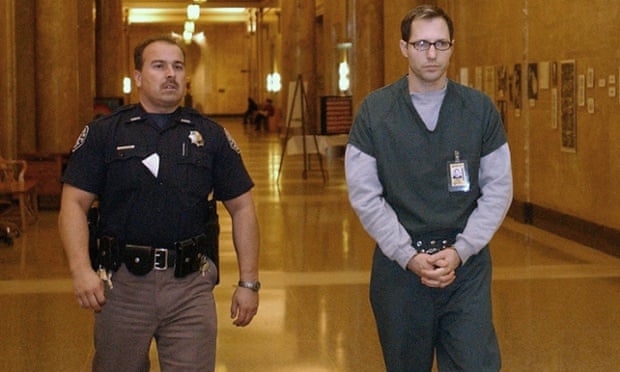by Mridula Tirumalasetti
Impunity Watch Reporter, South America
BUENOS AIRES, Argentina—Argentina’s highest court, the Supreme Court, has ruled that a United States citizen who took refuge in Argentina can be extradited back to the United States.
Kurt Sonnenfeld moved to Argentina and started a new life in 2003 after being accused of killing his wife in 2002 and being charged with first degree murder in Denver, Colorado. Prosecutors initially dropped the charges against Sonnenfeld in 2002 due to insufficient evidence. When new charges were filed, Sonnenfeld was arrested and briefly jailed in Argentina. Sonnenfeld has requested political asylum in Argentina.

The Department of Justice and local courts in Argentina have been in dispute over the extradition of Sonnenfeld because of differences over the death penalty. Argentina’s courts have rejected requests from the Department of Justice to extradite Sonnenfeld because the Denver prosecutor’s office could not guarantee Sonnenfeld would not receive the death penalty if convicted in Colorado.
However, the Argentine Supreme Court has been assured by US prosecutors that “the death penalty will not be imposed, or if it were ruled, it will not be exercised in this case.” Further, one judge added that the extradition request was granted on the condition that if Sonnenfeld were to be found guilty, he would be sentenced to life with parole. The judges stated that a sentence of life without parole would violate Argentina’s Constitution. It is not specified within the ruling when the extradition will take place.
Sonnenfeld worked for the Federal Emergency Management Agency (FEMA) as a cameraman and was employed to document the aftermath of the 11 September 2001 attacks on the World Trade Center. Sonnenfeld claimed the video footage he collected proved the government knew that the terrorist attacks would happen. He also alleged that the Denver district attorney’s office framed him for the murder of his wife in order to silence him, and that his wife, found dead on 1 January 2002, had actually committed suicide. The Denver prosecutor’s office has denied such allegations. Sonnenfeld also accused the US government of tapping his phone calls, hacking his personal email, and even attempting to kidnap his family. He has written a book about his case, El Perseguido, published it in Spanish, and has made appearances in Argentine news media.
For more information, please see:
The New York Times—Argentina Agrees to Extradite American Who Sought Asylum—2 January 2015
The Denver Post—Argentine court OKs extradition of man facing Denver murder charge—2 January 2015
The Guardian—Argentina agrees to extradite US man charged with wife’s murder—3 January 2015
Buenos Aires Herald—Supreme Court approves extradition of US national—3 January 2015